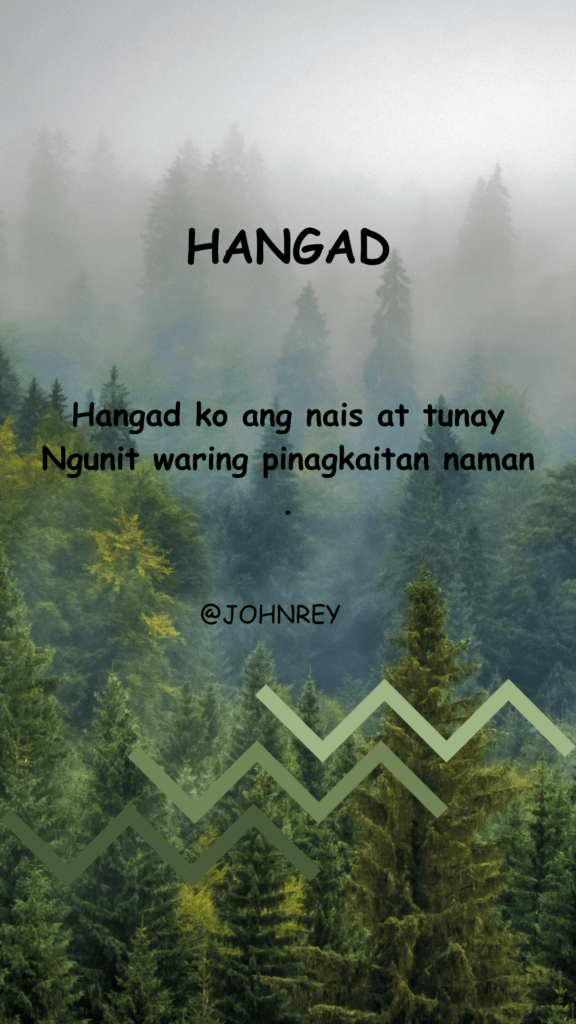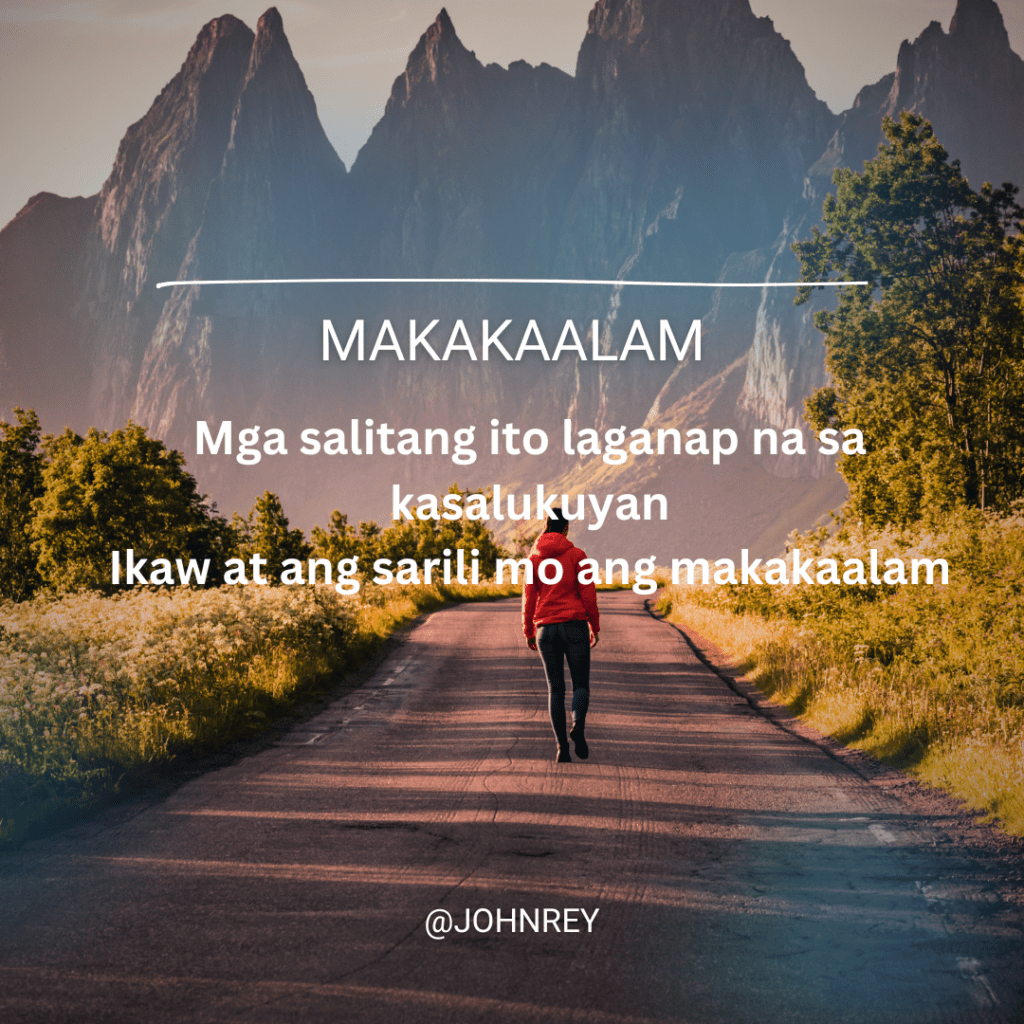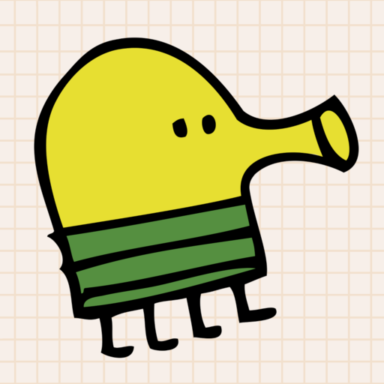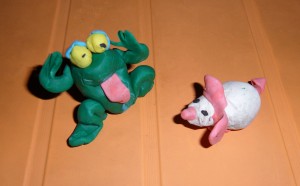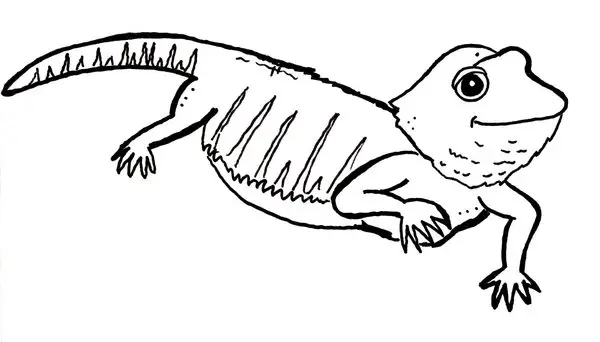Chalk this one down as Worst Sermon Ever.
I’ve already mentioned here before how my Advent and Christmas sermons are generally panned. The Advent ones for being too obscure. The Christmas ones for resisting sentimentality. 
Here’s one I wrote based on the Book of Ruth. In case you don’t know, Ruth’s story finds its way into Jesus’ family tree in Matthew’s Gospel. I tried to imagine the Holy Family telling her story to the little Jesus.
It’s my favorite of the sermons I’ve written….but still everyone else votes ‘Worst Sermon Ever.’
——————————————————————————————————-
‘Your father and I read this story at our wedding,’ the young mother told her little boy. And when the boy asked why, his father told him that it was tradition. ‘It’s a love story,’ he said.
The lights from the menorah on the window sill made the boy’s dark room glow. The light of the candles danced off the colored Hanukah decorations. The smells of holiday food lingered in the house. Mary and Joseph were curled up with their little boy.
He’d taken the old, black family bible from its shelf in his room, and it now rested on his lap just as he sat on his mother’s lap. The bible was the kind with the thick, special paper in the front, the kind with gilt lines to fill in important dates: marriages, births, baptisms and, beneath those, lots of lines to sketch the family tree.
Mary had filled in the family tree before she was even properly married, before she started to show. At the time she’d been confused by a great many things, but she absolutely knew that one day it would be important for her boy to know: where he came from, who is ancestors were, and what kind of person they made him.
And so, every night before his parents’ kiss and lullaby, they would read him a story from the bible, a story about one of those names his mother had written on the front, cream-colored page of Joseph’s family bible.
He would point with his little boy finger at one of the names on the family tree. ‘Tell me a story about that one’ he would say. He was just a boy. He liked the adventure stories the best- the stories with action and danger, stories where God spoke like thunder or moved like fire and wind, stories like those of Abraham and Jacob and, of course, David- the boy who would be king.
But on this night the boy pointed to a different name, one he hadn’t pointed to before. ‘Tell me a story about that one.’ And his mother smiled and looked over at her husband. ‘We read this story at our wedding,’ she said. ‘It’s a love story.’ The boy looked skeptically at his mother as she began…
A long, long time ago, in the days when judges ruled… famine struck the whole land that God had promised his people. The stomachs of God’s people were grumbling and empty. Even in Bethlehem where you were born people went hungry.
There was a man on your father’s side of the family named Elimelech. Elimelech had a family and, like everyone else in the land, his family was starving.
‘What did he do?’ the little boy asked, ‘did God provide bread from heaven like in the story of Moses?’
And his mother said, no, not like that. Elimelech had to look out for his family so one night he and his wife and their two sons packed only what they could carry. In the cover of darkness, they snuck across the border and crossed through the muddy river into a new country, Moab.
Elimelech’s wife was a woman named Naomi. ‘Naomi means ‘sweetness,’ said the boy’s father, ‘but Naomi was anything but sweet.’
The little boy asked why that was and his father told him that no sooner did Elimelech’s family arrive in Moab than Elimelech died and Naomi was left alone with her two sons. A widow’s life is hard his mother explained. Don’t ever forget that.
At first things went well for Naomi. Her sons married two girls from Moab, Orpah and Ruth. They weren’t Jewish girls so their marriages would’ve been forbidden back in Bethlehem, but they were happy. Naomi’s boys were married happily for ten years. They had food and money and work. After ten years both of Naomi’s boys died. Just like that, no one knows why.
And poor Naomi, she always worried in the back of her mind that they died because God was punishing her for something, perhaps for letting her boys marry unbelievers.
‘But God doesn’t do things like that, does he?’ the boy asked. No, his mother said, God doesn’t do that and she kissed the top of his head.
But Naomi felt she was being punished. She was left with two daughters-in-law, in a country where she didn’t belong, in a man’s world with no man, no husband, no sons.
‘What does she do?’ the boy asked. Naomi decided to return home, to go back to Bethlehem. ‘All by her self?’ he asked. An uncertain future seemed better to her than what she could expect if she stayed in Moab. So she packed up her things- again just what she needed- along with a photo of her husband and boys, and after her sons were buried, numb with grief, she just started walking… towards home.
‘Is that the story?’ the boy wanted to know.
No, his mother said and looked at the lights in the window. You see, her sons’ wives followed behind her. At first Naomi simply thought they wanted to say goodbye, to wave to her as she disappeared over the horizon. When they got to the outskirts of town, though, Naomi realized they weren’t just seeing her off. Orpah and Ruth, she realized, intended to stay with her, to go with Naomi all the long way back to Israel, back to Bethlehem.
‘Well, did they?’ the boy wanted to know. Not exactly, his mother replied. First Naomi turned around and yelled at them. She yelled at Ruth and Orpah. She told them to turn around, to turn back, to go home to their own families.
They didn’t belong with her. In her country they’d just be foreigners. They wouldn’t be welcome. I’m very grateful for you, Naomi told Ruth and Orpah; I pray that God would give you happiness and husbands. But go.
Ruth and Orpah, they just stood there- stubborn. Naomi yelled at them again, but she was really yelling at God. When Naomi was done cursing, she fell down weeping, crying in the middle of the road with traffic going by.
That was when Orpah decided to do as her mother-in-law asked. She gave her dead husband’s mother a long embrace and picked up her bags and walked back into town.
But Ruth, your great….grandmother, she wouldn’t budge. She wouldn’t leave Naomi to fend for herself. She just planted her feet in the dirt and put her hands on her hips and told Naomi that wherever Naomi went Ruth would be going too, wherever Naomi lived Ruth would be living there too, and the place Naomi died would be where Ruth would die.
Ruth, your great…grandma, she was willing to leave behind her home, family, country, even her religion just to care for someone else.
And God never told Ruth to risk all this. She never had a special word of calling like Abraham, never a vision like Moses, no dream like Jacob.
‘God really speaks to people in their dreams?’ the boy asked. Yes, he does, said the boy’s father.
Ruth and Naomi walked the long walk to Bethlehem in silence. Naomi didn’t speak a word until she introduced herself to the people they met in Bethlehem, but she didn’t say that her name was Naomi. Call me ‘Mara’ she told people.
‘Why would she change her name?’ the little boy asked. Mara means bitterness; Naomi was convinced that her life was already over. Remember, a widow’s life is hard. God’s Kingdom should belong to them. Don’t ever forget that. ‘I won’t,’ the boy promised.
Ruth and Naomi found a place to live in Bethlehem. Nothing fancy, not even nice, but Ruth tried to make the best of it. Naomi though just sat in the dark corner of the apartment and stared blankly through her tears and through the window. Ruth had promised to take care of Naomi and she wasn’t about to quit.
They still had no food so, after they settled, Ruth went out to the fields to scavenge what the harvesters left behind. She didn’t know it at the time, but the fields belonged to a rich man named Boaz. Boaz was family to Naomi.
Every day Ruth left to scavenge for food and every day she came home to Naomi’s bitter quiet. But one day, everything started to change.
One day, the same as any other, Ruth was working the fields, looking for leftovers.
On that day, Boaz came out to look over his property and check on his workers. He said hello and thanked them. Then he saw someone he didn’t recognize bent over at the edge of the field, a woman. He pointed to Ruth out in the distance and he asked his foreman: ‘Who is she?’
And his foreman told him all about Ruth and how much Ruth loved her bitter mother-in-law and how Ruth had risked everything to care for her.
Boaz listened to the foreman’s story, and later that day he walked out to the edge of the field. He said hello to Ruth. Then he did a strange thing.
‘What?’ the boy asked. He urged Ruth to scavenge only in his fields. He promised her that his men would never bother her and that they would even leave extra grain behind for her. Ruth stood in the sun and listened to Boaz tell her all of this.
Now, for the first time since her husband had died, it was Ruth’s turn to cry. She fell down at Boaz’s feet and wept and she told him that she was just a foreigner, that she deserved rejection not kindness.
Boaz just smiled gently and he said softly: ‘May God reward the love you’ve shown Naomi.’
When Ruth returned home that day, she told Naomi everything that happened with Boaz.
For the first time, Naomi pulled her wistful eyes away from the window and she said, almost like she’d been holding her breath for a great long while: ‘Bless you!’
When she said it, Ruth didn’t know whether Naomi was talking to her or to God.
‘Is that it?’ the boy wondered aloud, thinking it not nearly as exciting a story as David and Goliath.
No, his mother said. Nothing else happened to Ruth or Naomi for a while. Then one morning Naomi burst into Ruth’s bedroom and she told her that that day Boaz would be winnowing barley with his workers. Its long work, Naomi explained.
The whole town will be there to help. It’s like a festival. There’ll be food and music and dancing and wine, lots of wine, she said with knowing eyes.
Ruth still looked puzzled so Naomi grabbed her by the shoulders and told Ruth to take off the black clothes she’d been wearing since her husband died. Go take a long shower, Naomi told her. And when you’re done anoint your whole body with perfume and then put on a nice dress. You need to look beautiful in every way.
And when Ruth asked why, Naomi told her what she was to do.
That night, after the day’s work and the evening’s party, Boaz wouldn’t be going home. Instead he’d be sleeping in his barn. You’re to go to him, Naomi told Ruth. Go to him and lie down next to him.
‘What did Ruth say?” asked the boy. ‘Probably something like: let it be with me according to your word,’ his mother answered. Whatever Ruth said, she did everything Naomi told her. When she snuck into the barn that night, the band was still playing outside and Boaz was already fast asleep in the hay.
Before Ruth lay down in the straw next to Boaz, she tried to take off his shoes for him. She woke him up. I imagine he was surprised, said the boy’s mother.
When Boaz startled awake, he asked Ruth what she was doing there. And Ruth blushed and panicked. Naomi had told her what to do, but not what to say.
‘What did she say?’ the boy asked.
Ruth told him that if he really wanted to care for her, if he really prayed that God would reward her kindness to Naomi, if he really wanted to help her care for Naomi, then he would marry her.
‘She asked him to marry her?’ the boy asked surprised.
Yes, and Boaz said yes. And he let Ruth sleep there next to him that night.
In the morning, before the sun came up or anyone else awoke, Boaz told Ruth to meet him that afternoon at the gateway that led into town. That’s where he would marry her.
And before Ruth left that early morning, Boaz gave her a gift of barley. He helped load the bag of barley onto her back. Your great-grandma Ruth, she always told people that that morning, helping her with the barley, was the first time they ever touched.
Mary could see that her boy was drifting asleep. So they married, she concluded. And they had a boy named Obed. And he became King David’s grandfather, and, without them, you might not be here with us…
Joseph crept up and blew out the lights on the menorah, and Mary tucked her little boy into bed. And with half open eyes, the little boy said that God wasn’t even in that story. God didn’t say anything or do anything or appear to anyone.
And Mary kissed the word made flesh on the forehead and she said that sometimes God’s love is revealed to us in our love for one another.
Sometimes God is in the person right in front of you. That’s what the story’s about, she said.
And of all the people in the world, only Mary knew just how true that was.


